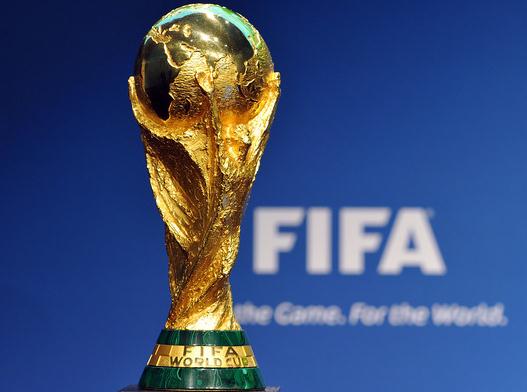A FIFA World Cup Every Two Years – Yes or No?
The idea of the FIFA World Cup being staged every two years has hit the headlines in recent weeks, and it’s fair to say that the reaction has been less than positive. Let’s take a look at the cases for and against this radical proposal before jumping on one side or the other.
The Case For a World Cup Every Two Years
As FIFA’s Chief of Global Football Development, former Arsenal boss Arsene Wenger is the man leading the calls for a shake-up of the traditional football calendar that includes seasons running from March through to November and a World Cup being held every two years.
One of Wenger’s main arguments is that there needs to be a primary focus on ‘competitions that mean something’, such as world cups and the Euros, but unlike the Nations League, which most would admit is rather pointless. He believes that this would pave the way for an improvement in the level of football around the globe.
Wenger wants the best players in the world to showcase their skills on the biggest stage, and he wants to give these players more opportunities to win major trophies with their countries. His proposal, which is to be reviewed, includes reducing the number of international breaks throughout the season by grouping qualifying matches together at either end of the new football-season calendar he is suggesting. This would give professional players a 4-week rest period, something he claims is essential in the modern era.
We personally haven’t seen the numbers, but Wenger is adamant that this proposal doesn’t mean more games – it’s simply swapping worthless matches into meaningful competitive ones. He continues that there’s no financial incentive for FIFA behind these plans as FIFA will give more to developing the game around the world.

A bonus for the bookies
There may not be a financial incentive for FIFA, but retail and online sports betting companies will undoubtedly be rubbing their hands together at the prospect of the world’s biggest football tournament being held every two years. One leading player acquisition website, Gamblerspro.com, revealed a major uptrend in new customers at its approved gambling and betting sites in the lead up (and during) the last FIFA World Cup and Euro 2020. Clearly, these big tournaments entice more people to have a flutter than a throw-away international friendly.
The Case Against a World Cup Every Two Years
While Arsene Wenger has said that generally, players are in favour, citing names like Gary Lineker, Kaka, Ronaldo Fenomeno and Mascherano (none of whom are current players, we should add), there has been a vocal chorus of disapproval from many.
One of the game’s leading figures – UEFA president Aleksander Ceferin – has grave concerns. He stated that UEFA and its member associations have serious reservations about FIFA’s plans and the potential damage that it could do to domestic and regional competitions, such as the European Championships.
Ceferin feels that a World Cup every four years keeps the tournament unique. Its appeal is its scarcity. However, the UEFA president does agree with Wenger and FIFA that football is in need of reform, but not in this particular area. He wants the game to be more equal across borders, cheaper for spectators, and greater funding at the grassroots level in poorer countries. Of course, FIFA may claim that a two-year World Cup would assist in these reforms.
Wales and Real Madrid superstar Gareth Bale has hit out at the idea, and just last week the players union FIFPRO released a strongly worded statement slamming FIFA’s proposal. It would appear Wenger is a little wide of the mark saying that players generally agree based on this recent news.
So, what do you think? If you love football, like we do, there is no doubt you’ll have an opinion on this topic. We can see the argument from both sides. For us, we would wish for the existing 4-year format to remain, but changes to the game to improve the quality are also needed, so hopefully, a solution can be found that’s a win-win for players, supporters and the game’s governing bodies.





